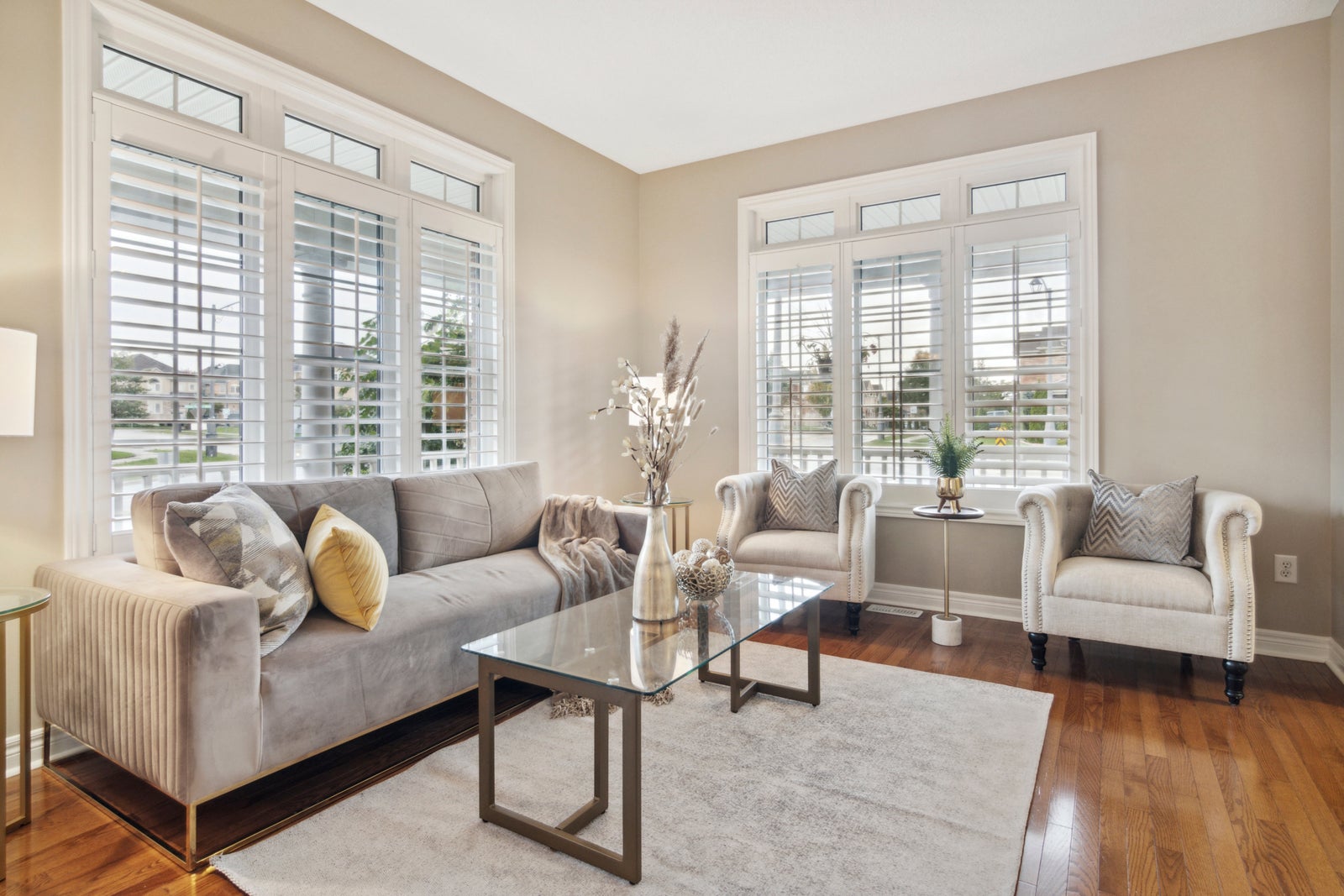
When it's time to sell your home, one of the most debated aspects of getting it ready to go on the market is whether to stage or not. You can find a myriad of articles and studies supporting the argument that staging increases the attractiveness of the property which makes it sell quicker and for more money than if it wasn't staged. Generally, I would have to agree with this but it's not that simple. There is no formula to calculate what the different end results will be if you stage or not. An added complexity is that even a well-staged or presented home might have other aspects of the property that overshadow the benefits of staging.
For home-owners, the biggest challenge with the staging decision is mental. Most people are rightly proud of their home and the thought that prospective buyers wouldn't like it can be insulting. They may not like a stranger telling them what they need to do to make their home more saleable.
I like to present staging as a spectrum with very simple de-cluttering and minor repairs at one end and a complete re-decorating of the home and use of rented furniture and accessories at the other. Where a seller lands on this spectrum depends to a great extent on what is needed and possible based on timeframe, cost and lifestyle. "Timeframe" refers to both the amount of time available prior to listing the property as well as how long the property will remain staged. How the cost for repairs, decorating and actual staging is going to be handled needs to be agreed upon in writing with the agent and seller prior to engaging a staging company. A professional staging company understands and respects the balancing act necessary to take into account the available time and money as well as how to best stage a home based on the owners' lifestyle and use of the home on a daily basis. An experienced agent will try to maximize the benefits of staging based on the timeframe-cost-lifestyle triangle. There are almost always trade-offs to be made.
From a seller's perspective, here are some things to consider:
- Always start with de-cluttering. You will have do do it sometime before the moving truck arrives. Doing it early in the process makes the end of the cycle less stressful.
- Deal with issues before dealing with cosmetic touches. This means that a hole in a wall needs to be repaired, not just covered over. Toilets that aren't operating properly need to be fixed. Light switches or receptacles that don't work need the attention of an electrician. Broken shutters and blinds need to be repaired, removed or replaced.
- Apply the first two considerations to both the interior and exterior of the home. Things such as downspouts without the extensions at the bottom need to have them added, walkways that are damaged or dangerous need to be addressed.
- Are some or all of the rooms in need of painting or can they be spot-cleaned along with door frames and doors?
- Will you need to rent a storage unit for a short period? I recommend that the garage is not used for this purpose.
- If you will be living in the home while it is staged, take pictures of each room after the initial staging so that you can re-create the look when you have to leave for a showing. If leaving for work or school in the morning, make sure the house is in it's "staged" appearance before you exit the home.
- Communicate with your agent and stager about special situations such as cats, dogs and small children.
- If adding floral arrangements outside such as hanging baskets, remember that they need to be cared for.
As you can see, staging is not a simple decision and at the end of the day, as a seller, you have to be comfortable with the cost and amount of work necessary as well as the impact to your daily routines. One last suggestion; if you decide to use a staging company, let them do their work - get out of the house if possible while they work, and don't apply your "touch" to their work!